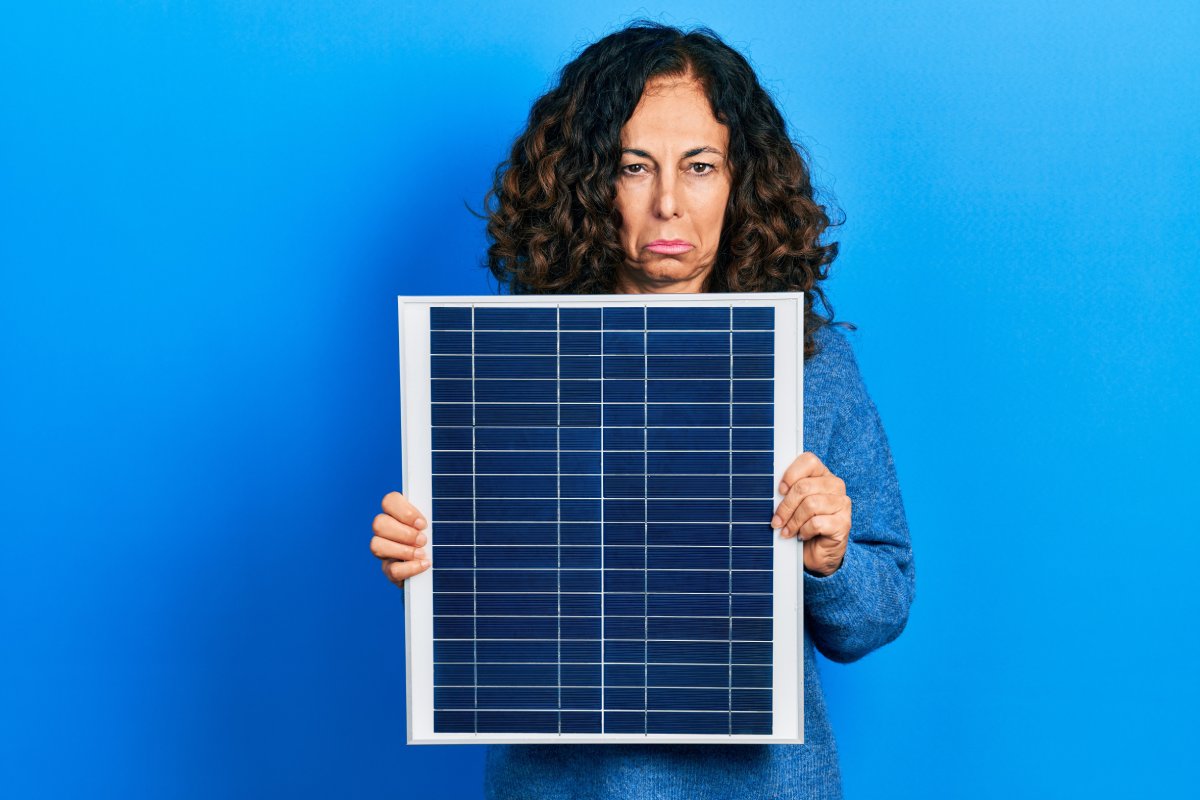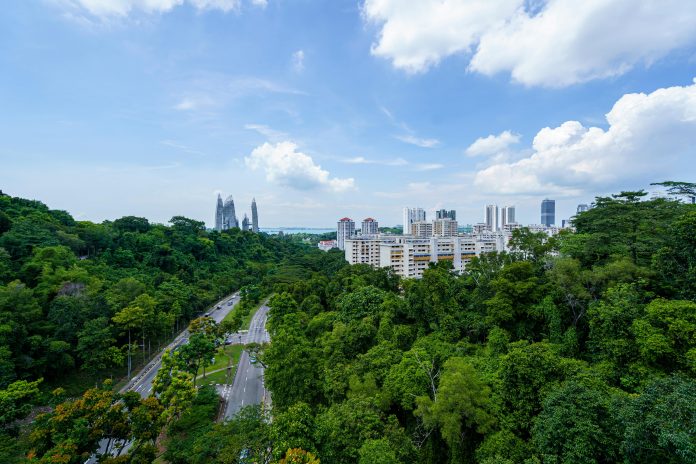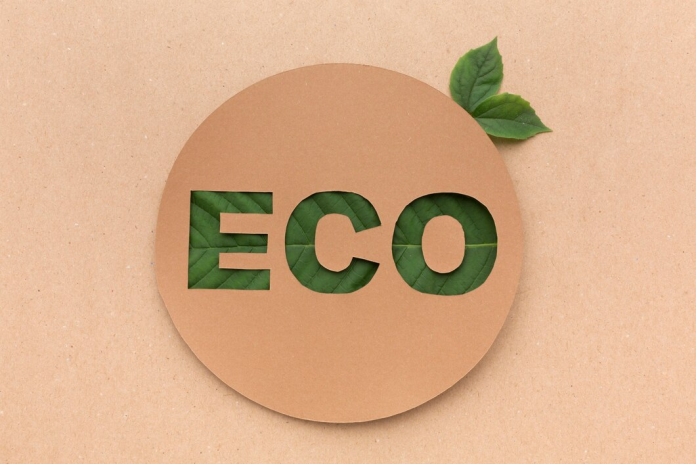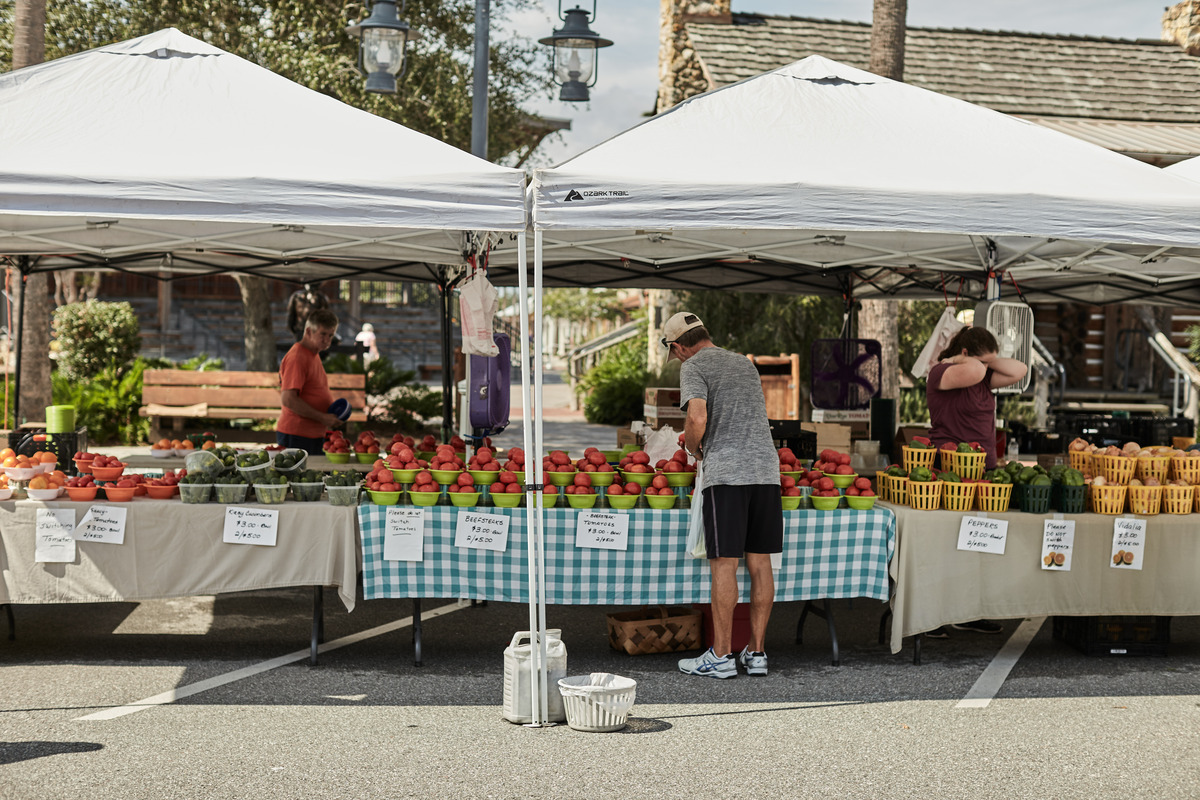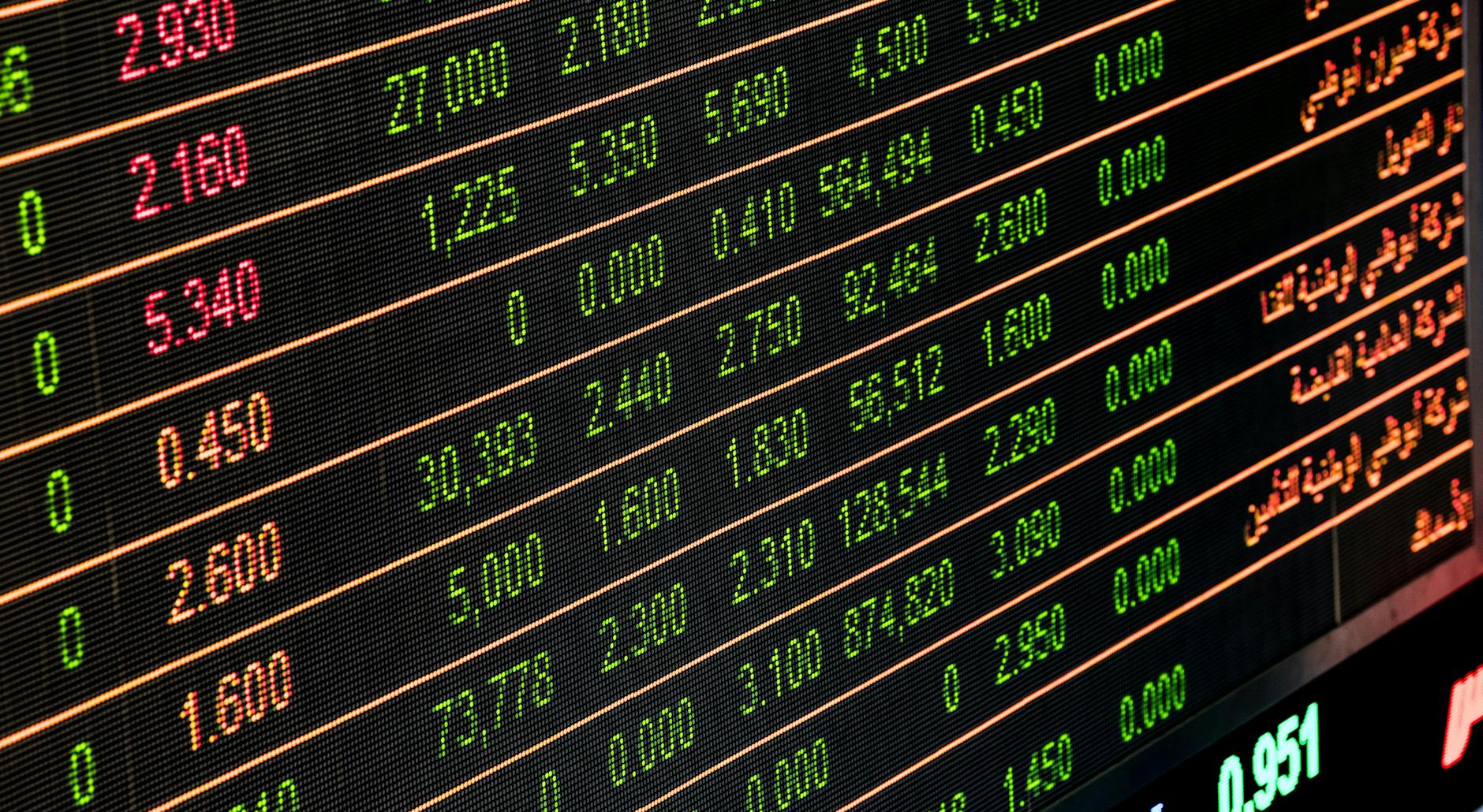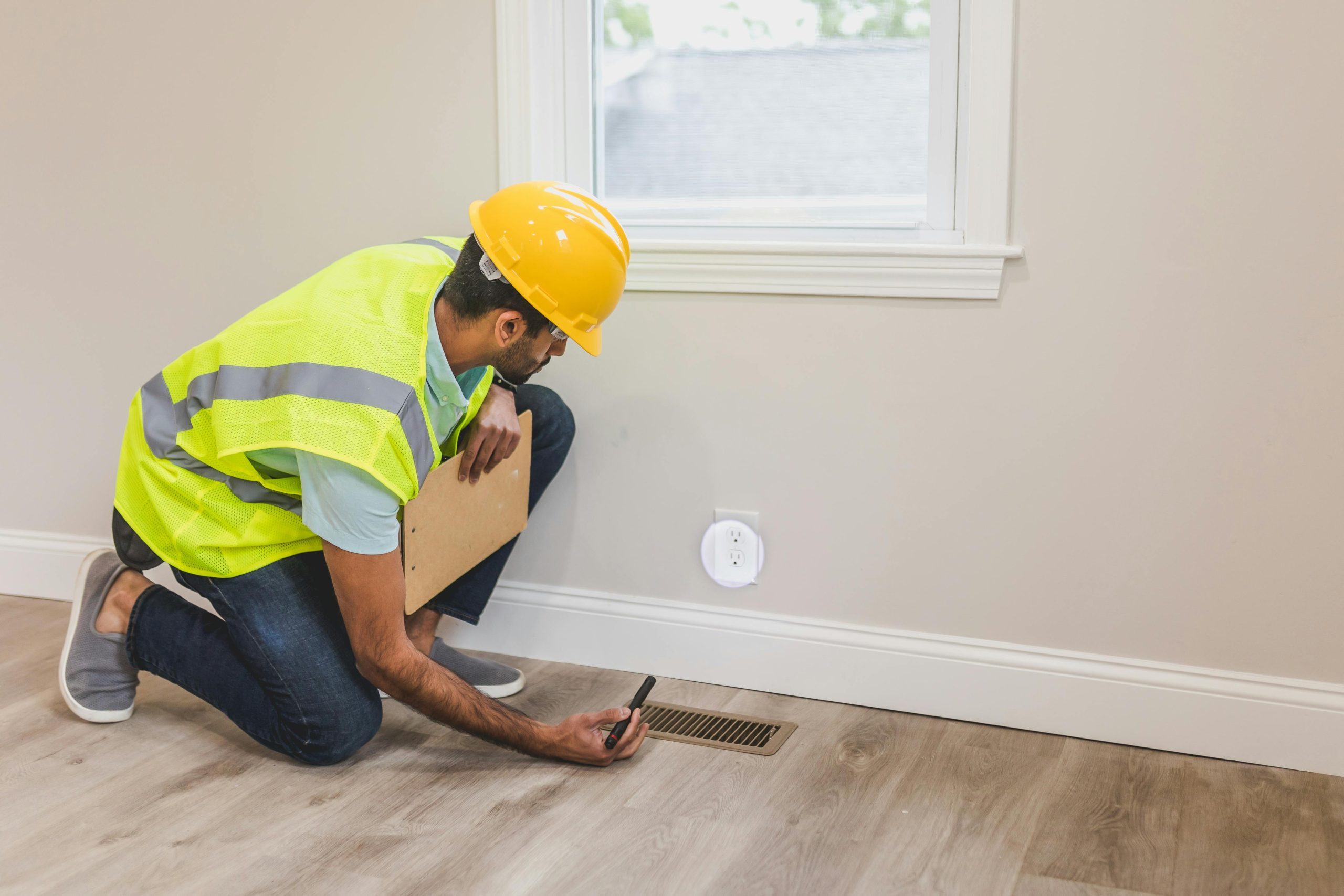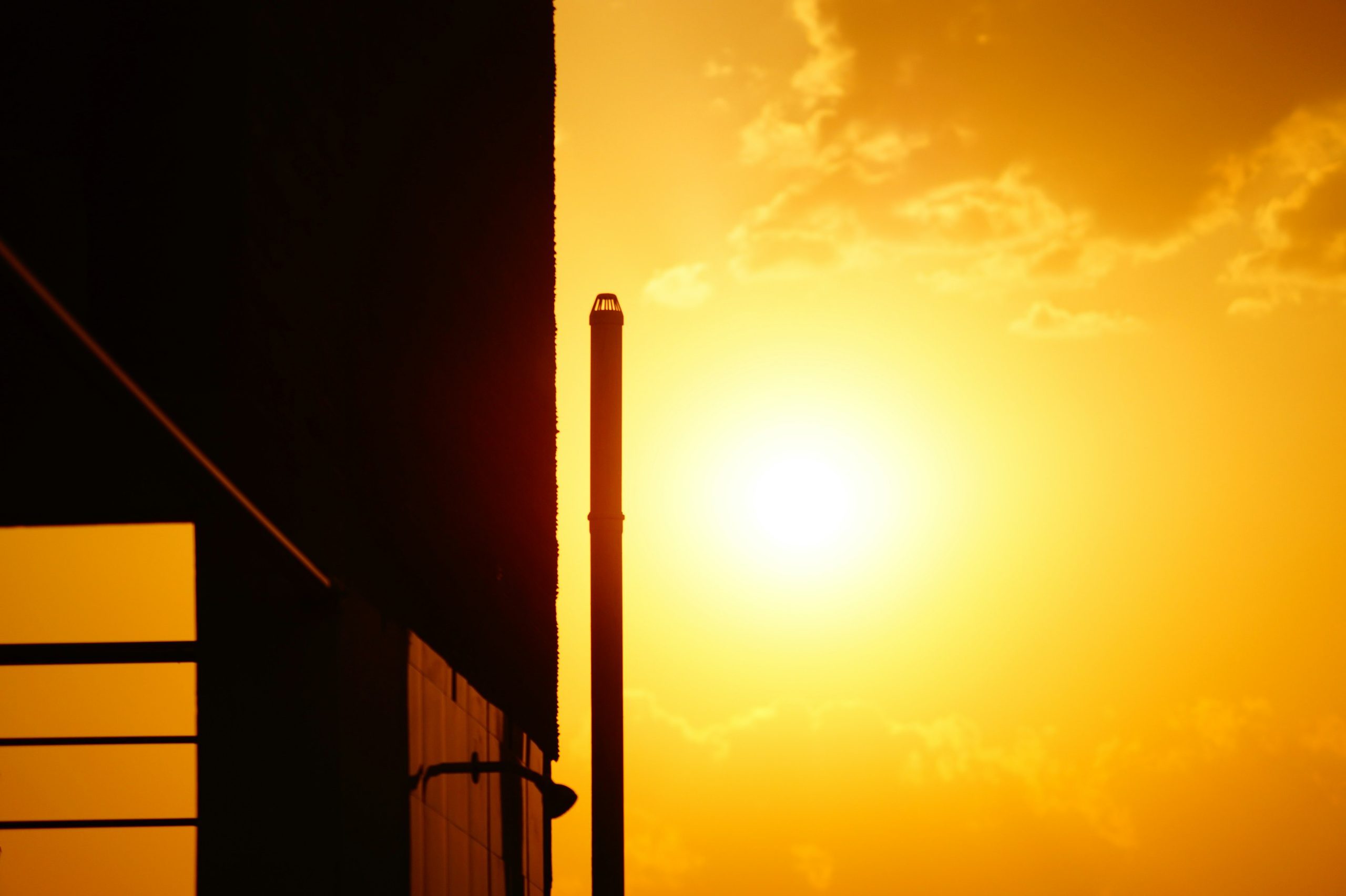You installed solar panels on your property, and you’re excited about the prospect of saving money on electricity bills and reducing your carbon footprint. After a while, you notice the panels aren’t producing the amount of power that they should. Frustrated and confused, you wonder what might be causing this issue. Is it the solar panels themselves? Is there a problem with the installation? Let’s explore some common reasons why your solar panels aren’t producing enough power and what you can do to address them.
Insufficient Sunlight
Did the installation team place your solar panels in an ideal location? A common reason for low solar power production is insufficient sunlight. Your solar panels need direct and unobstructed sunlight to produce energy. Nearby trees, buildings, or other objects shading your panels reduce the amount of power they can generate.
It can be difficult to move your solar panels once they’re installed, but there are some solutions to consider. You could trim back trees or bushes that may be blocking the panels, or you could install a tilt mount for the panels that can adjust throughout the day to capture more sunlight.
Faulty Wiring or Connections
Another reason why your solar panels may not be producing enough power is due to faulty wiring or connections. Over time, these components can sustain damage or corrode. This can result in decreased energy production or a complete shutdown of the solar panel system. You can check for faulty wiring or connections by inspecting for visible damage. If you notice any issues, it’s best to contact a professional solar panel technician to fix them.
Poor Maintenance
Some dos and don’ts of maintaining your solar panel systems include regularly cleaning the panels and not neglecting the system. If you aren’t careful, you could wind up inadvertently damaging your panels! For example, using harsh chemicals to clean them can lead to discoloration and decreased energy production. Not cleaning them at all can degrade their performance, as dirt and debris can build up on the panels and block sunlight absorption.
To maintain your solar panels, use a gentle soap and water solution to clean them about once every six months. Avoid using abrasive materials or harsh chemicals. You should also regularly inspect the panels for damage or debris, and clear away obstructions that may be hindering sunlight absorption.
Age of Solar Panels
Solar panels have a lifespan and will become less efficient as they age. If your solar panels are several years old, they may not be producing as much power as when they were first installed. In this case, you may want to consider replacing them with newer, more efficient models.
By understanding these common reasons for low solar panel production, you can address them and ensure that your solar panel system is running at its full potential. Regular maintenance and professional inspections can also help you identify issues before they degrade the performance of the panels. With proper care and attention, you can continue to reap the benefits of using solar energy: saving money and reducing your carbon footprint to create a sustainable future for our planet!

